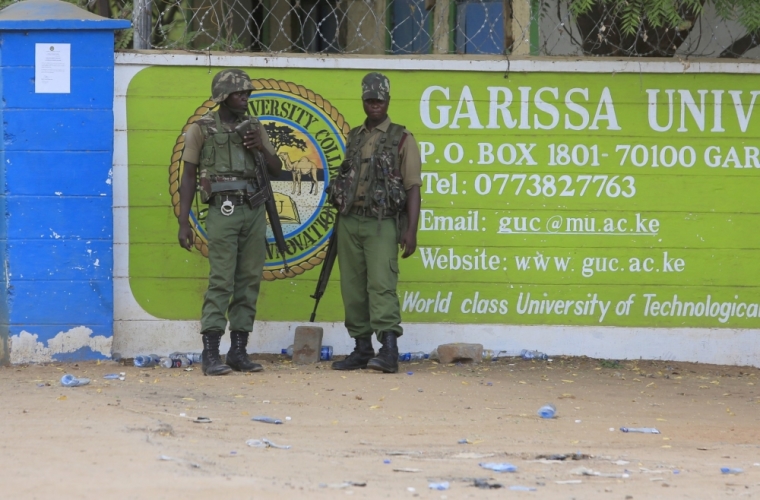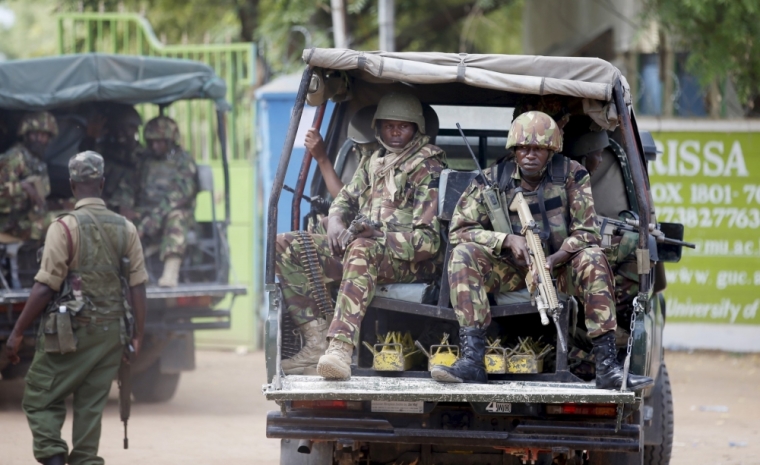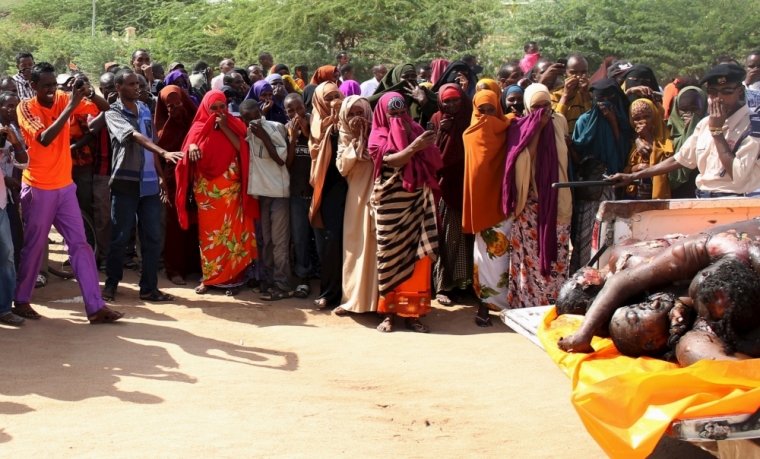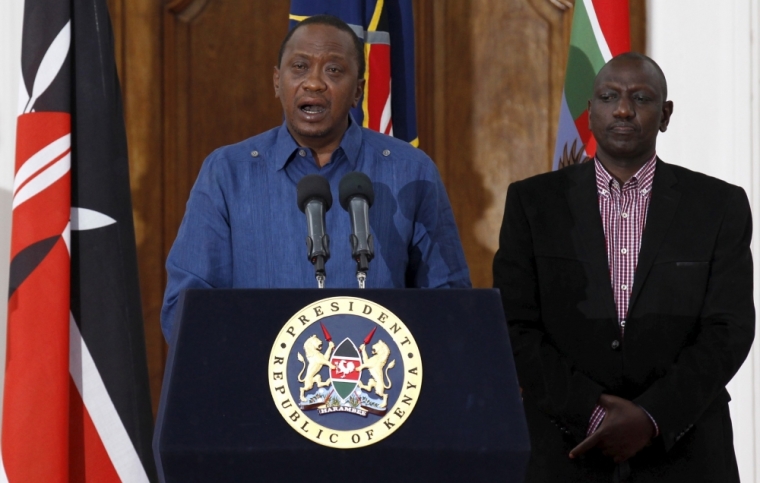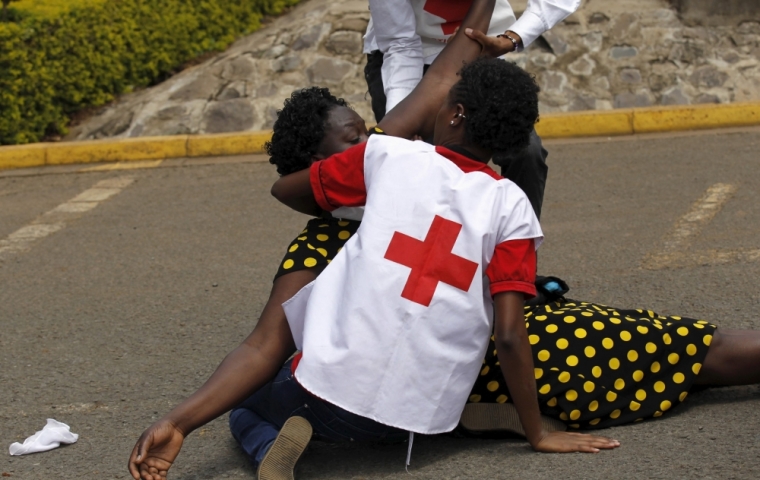Kenyan Authorities Took Hours to Respond to Garissa University Attack Where 148 Christian Were Killed Despite Alarm, Police Source Says
A police source has said that despite the alarm sounding last week of the massacre taking place at Garissa University College in Kenya, where close to 150 Christian students were killed, authorities took hours to respond, and ever arrived at the scene after politicians and journalists.
The source, who wasn't named, told CNN on Monday that the government's rapid response team was held up in the capital of Nairobi for hours, apparently arranging for transport, before it finally made its way to Garissa.
The authorities arrived even after some politicians and Nairobi-based journalists, but were able to gun down the four terrorists carrying out the slaughter 10 hours after the attack began.
Terror group al-Shabaab has taken responsibility for the attack, where the gunmen reportedly separated Christian students from Muslim students before killing the Christians.
Some, such as Kenyan activist Boniface Mwangi, blamed corruption among the security forces for allowing al-Shabaab to carry out such attacks.
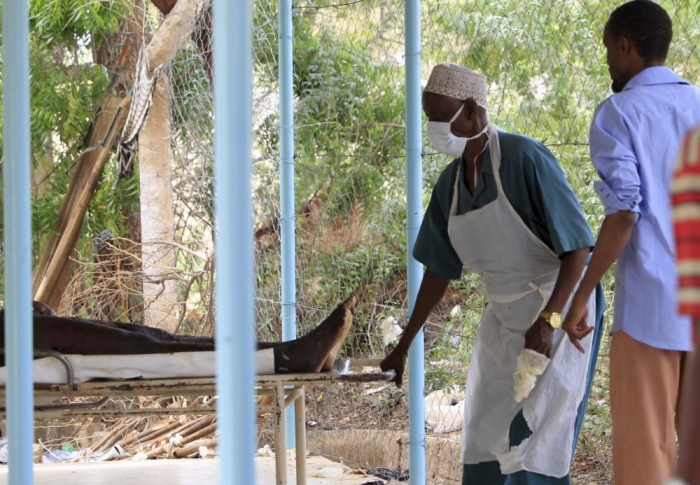
"Entrenched corruption in the security system allows al-Shabaab to move freely in and out of Kenya and carry out such attacks with ease," Mwangi said in a statement online.
Manoa Esipisu, a spokesman for Kenya's president and deputy president, said, however, that the authorities did all that they can.
"With the benefit of hindsight you can always say things could have been done better," Esipisu said, and argued that Kenyan authorities saved a lot of students and "got the job done."
The government has meanwhile identified radical Islamic jihadist Mohamed Mohamud as the mastermind behind the Garissa attack, and posted a reward of 20 million Kenyan shillings, or close to $215,000, for his capture.
Mohamud, a senior leader in al-Shabaab, is "credited with having an extensive terrorist network within Kenya," according to a Kenyan ministry document shared by CNN.
The militant has been accused of leading external operations against Kenya, and has been identified as the regional commander within al-Shabaab in charge of the Juba region.
Separately, investigators revealed that one of the attackers killed on Thursday was Abdirahim Mohammed Abdullahi, the law-school-educated son of a Kenyan government official who had been reported missing in 2014.
Kenyan President Uhuru Kenyatta warned that his administration will "respond in the severest ways possible" to the slaughter, and will "fight terrorism to the end."
The country's "security forces are pursuing the remaining accomplices. We will bring all of them to justice. … We are also in active pursuit of the mastermind and have placed a reward for his capture," he added.
Kenya fighter jets bombed al-Shabaab bases in neighboring Somalia on Sunday night as part of that initiative, BBC News reported. Army spokesman David Obonyo revealed that the air strikes targeted two camps in the Gedo region used by the Islamic extremists to cross into Kenya.
Christians in Kenya and around the world have been mourning the slain students, and honored them in their Easter prayers.
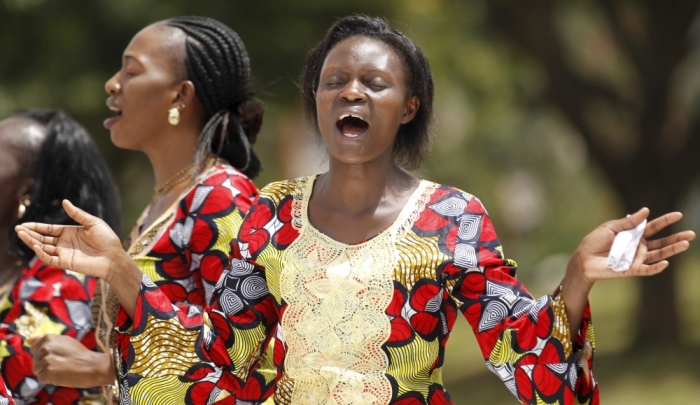
"We join the sufferings of the relatives and the victims with the sufferings of Jesus," said Bishop Joseph Alessandro of Our Lady of Consolation Church in Garissa. "The victims will rise again with Christ."
Archbishop of Canterbury Justin Welby, the leader of the Anglican Communion, said in his Easter message: "There have been so many martyrs in the last year. On Maundy Thursday, three days ago, around 150 Kenyans were killed because of being Christian. They are witnesses, unwilling, unjustly, wickedly, and they are martyrs in both senses of the word."
He added: "These martyrs too are caught up in the resurrection: their cruel deaths, the brutality of their persecution, their persecution is overcome by Christ himself at their side because they share his suffering, at their side because he rose from the dead."










